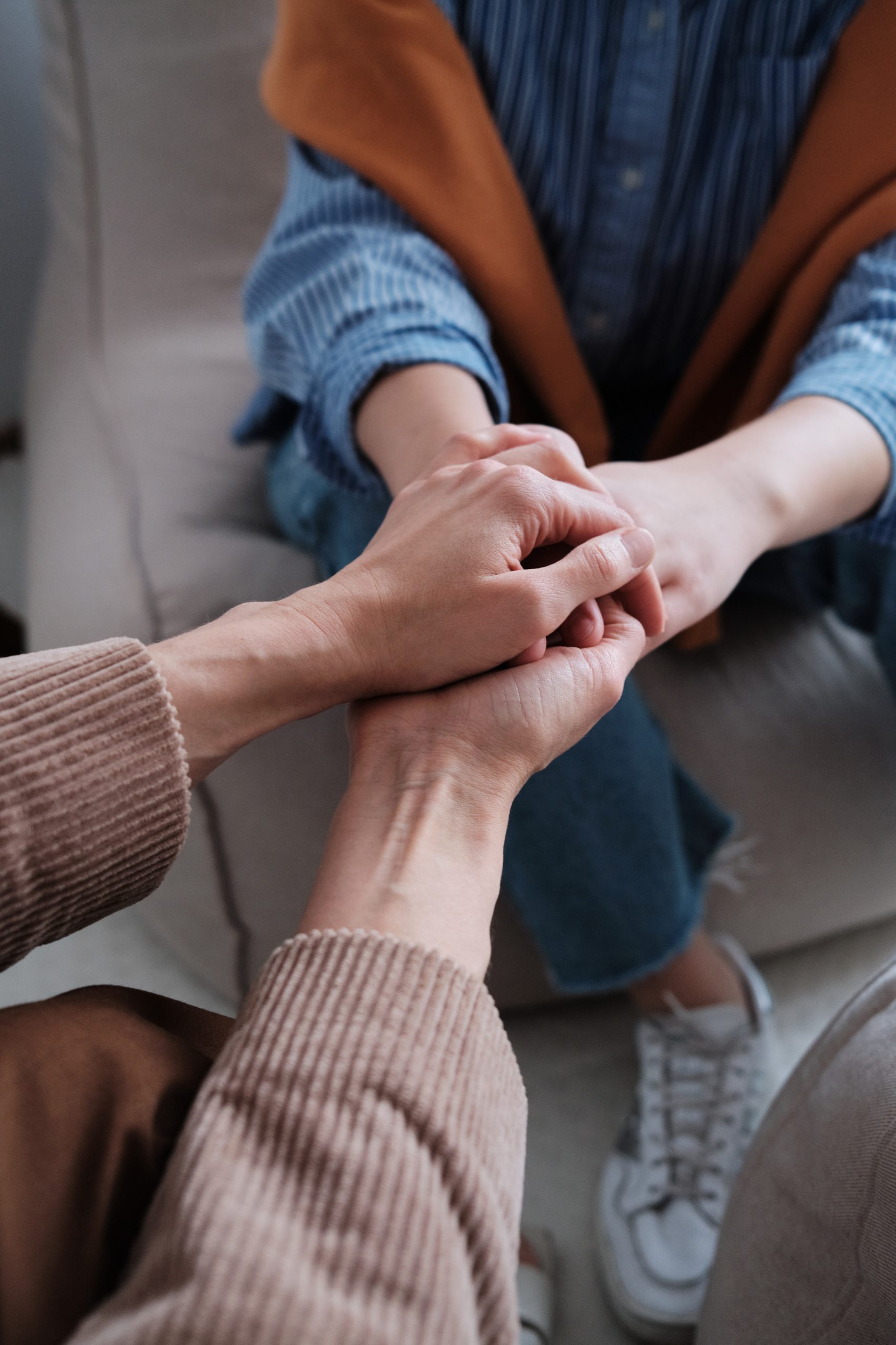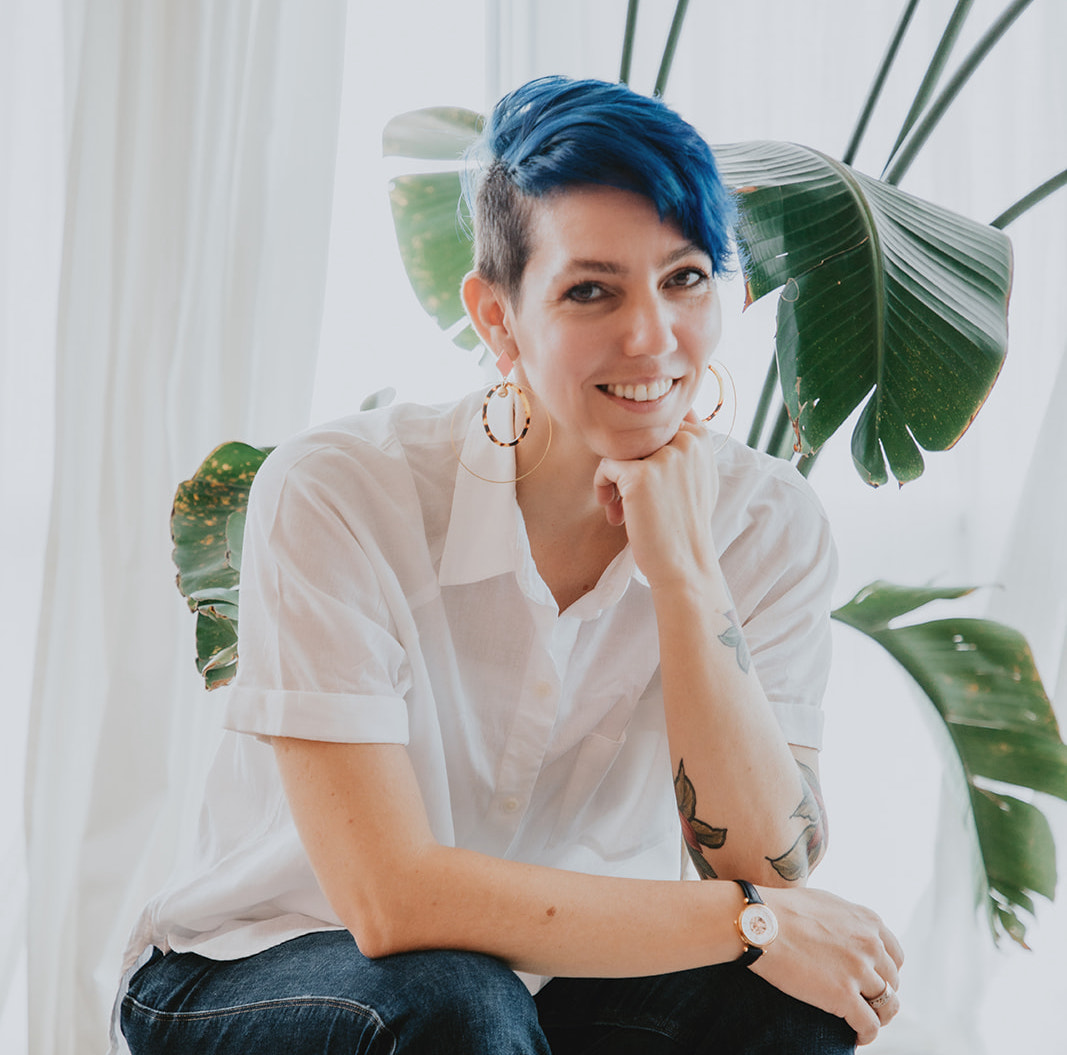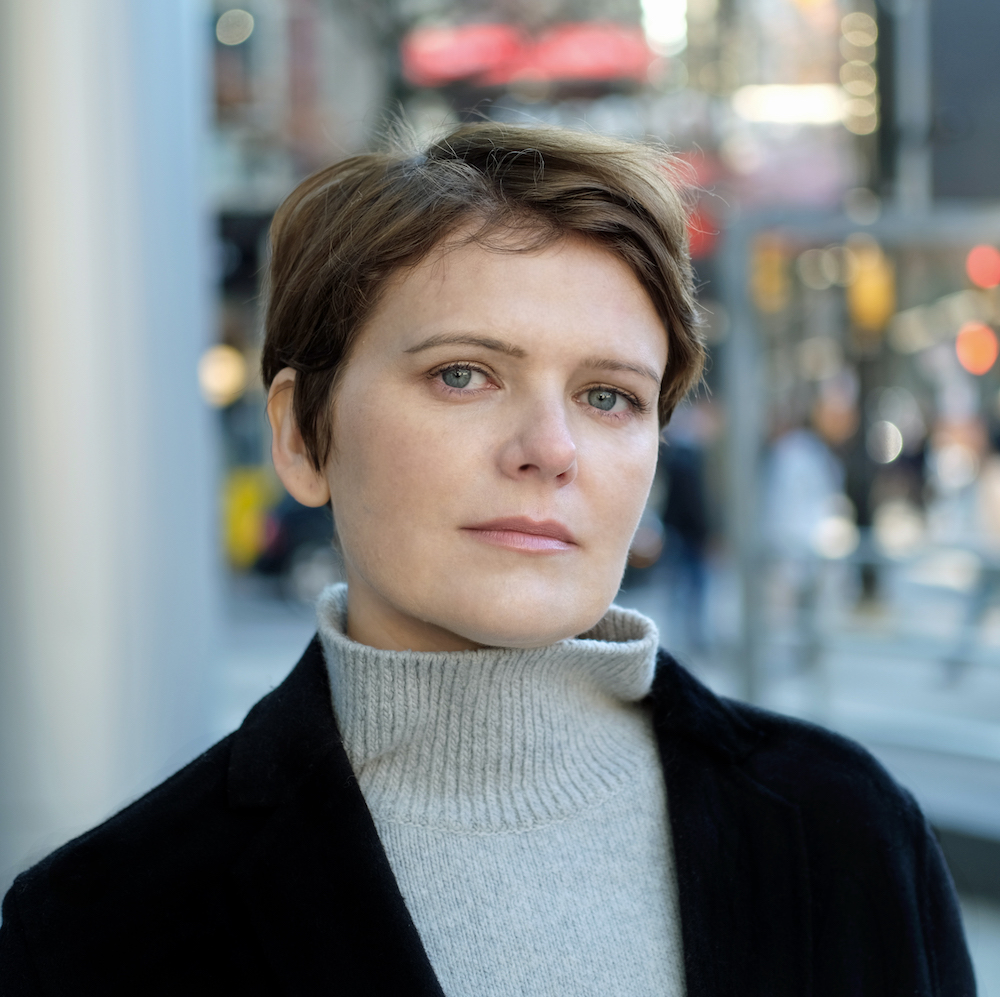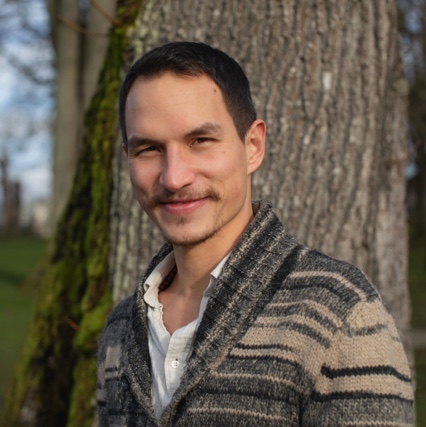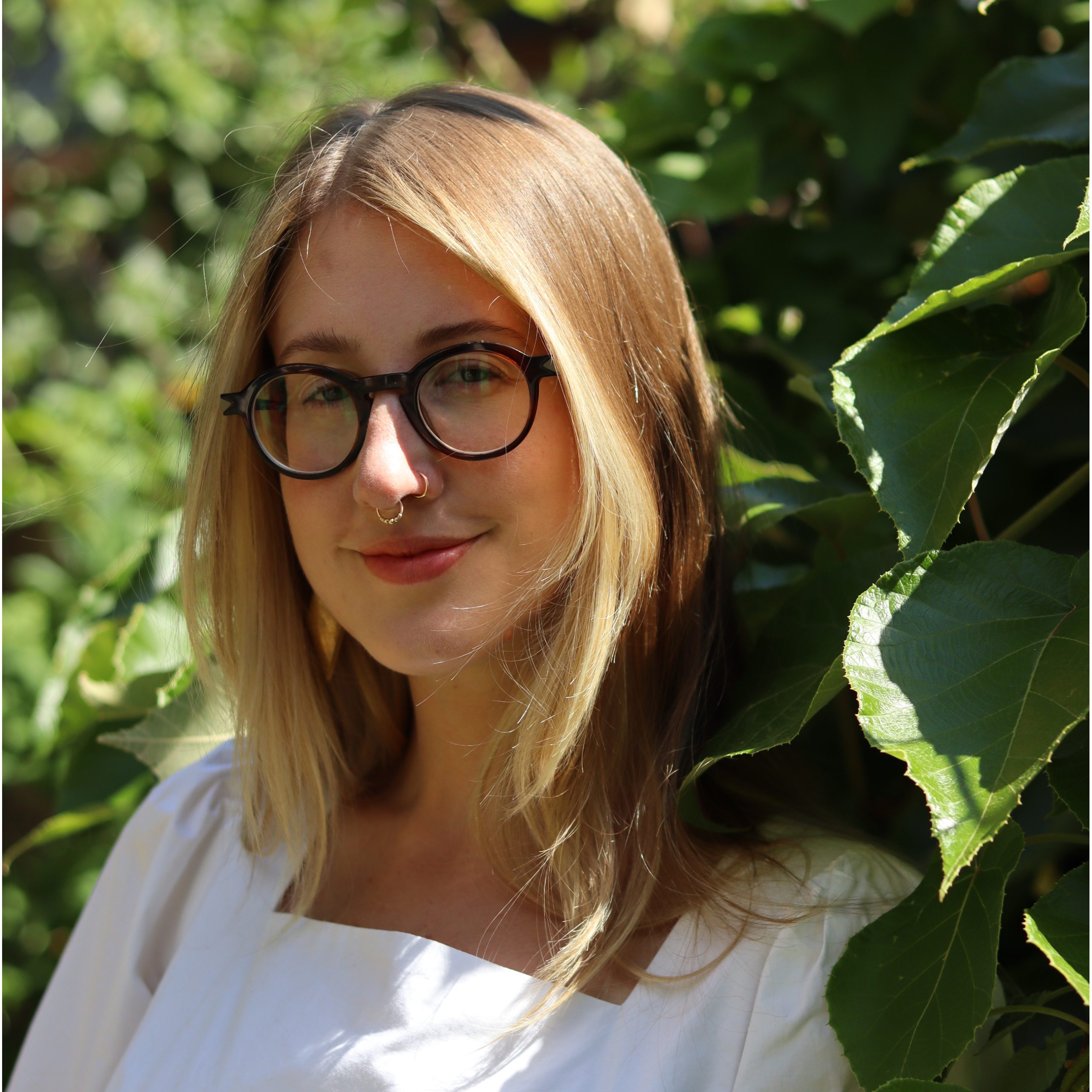Available for new clients
Counselling in Vancouver and BC
Our Approach To Counselling
At Turning Point Therapy, our dedicated counsellors bring a rich mosaic of therapeutic approaches to our practice. Here are some of the main ones.
- Somatic Therapy
- Psychodynamic
- Accelerated Experiential Dynamic Psychotherapy (AEDP)
- Gestalt
- EMDR
- Focusing
- Internal Family Systems
- Relational Life Therapy
- Emotionally Focused Therapy
Our team of skilled therapists and counsellors bring years of experience and compassion to every session ensuring you feel heard, understood and empowered. Choosing us means taking a step towards healing and growth in a safe, welcoming environment.
Our principles and practices.
- Anti-Discrimination
- Relational
- Experiential
- Collaborative
- Embodied
- Non-pathologizing
Counselling provides a path to your authentic self
Our Counselling in Vancouver Covers
Meet Turning Point Therapy's Counsellors
She is a compassionate, empathetic, and caring educator and clinician. Delyse approaches her work with a wonderful balance of creativity, insight and intellect that allows her to meet her clients where they are at in a manner that balances comfort and growth.
Contact
Admin office hours.
Monday - Friday - 10 am - 3 pm
604 638 7221
Counselling Offices in Vancouver, Delta, North Shore, and Kitsilano.



